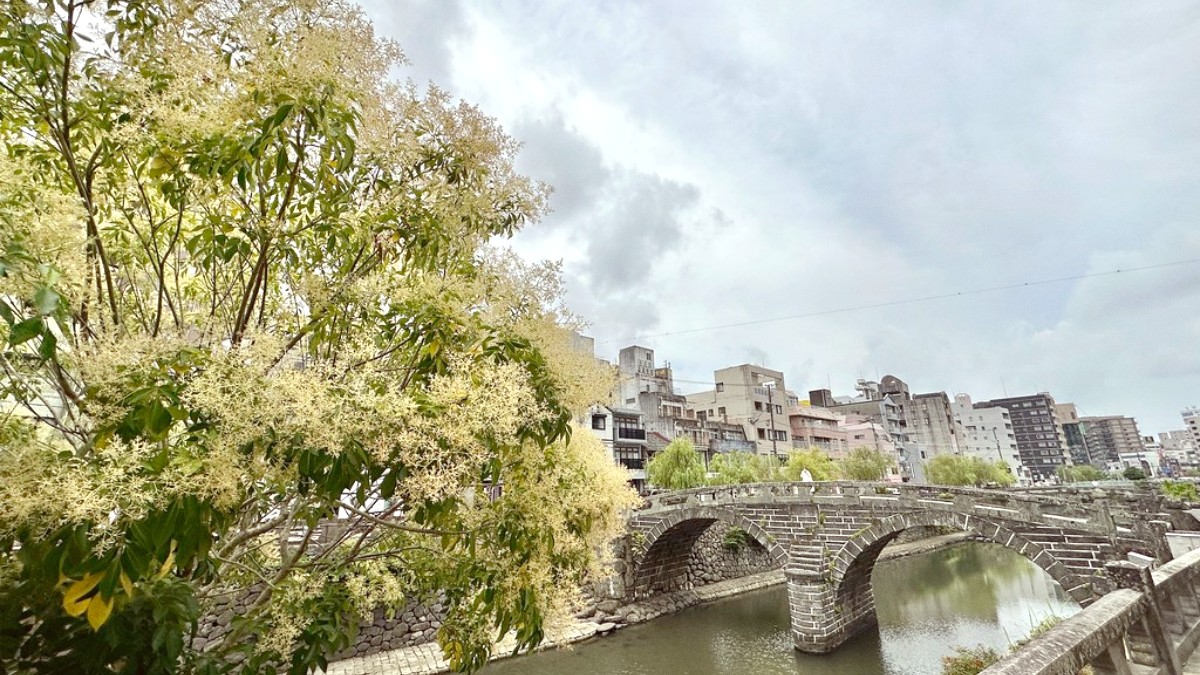
Kyushu, Japan
Protecting Nagasaki's natural beauty and resources falls to all travelers. Respect regulations within Unzen-Amakusa National Park and Kujukushima National Park.
Japan has strict waste separation rules. Public trash cans are scarce; carry a small bag until you locate a designated bin. Look for bins near vending machines for PET bottles and cans. Avoid single-use plastics.
Japan generally experiences no severe water scarcity. Mindful use of resources is always encouraged. Tap water in Nagasaki is safe for drinking; refill your reusable bottle rather than buying bottled water.
Further environmental aspects for your travel.
Consider offsetting your flight's carbon footprint through accredited programs. This lessens the environmental footprint of your journey.
Choose options that prioritize environmental practices.
Approach interactions with respect for local customs.
Be mindful with your camera and at sacred places.
Prioritize local restaurants, shops, and tour guides. This circulates tourism revenue within the community.
G Adventures (Ethical tours)Look for products sold directly by artisans or in small, local shops. Nagasaki's Castella cakes are a local delicacy.
Package Free Shop (Reusable goods)Image of Japanese Waste Bins (represents proper waste management).
.
Avoid activities that exploit animals or local populations.
If you wish to contribute, do so thoughtfully.
Support activities that contribute to the city's unique history and culture.
The image of a local Japanese shop represents the positive economic impact of supporting small businesses during your travels.
Your choices leave an impression. Conscious decisions foster a better travel experience for everyone.
Awareness of your surroundings and actions creates positive outcomes.
Learning about local customs and issues deepens your visit.
Minimize your footprint, preserving natural and cultural sites.
Travel responsibly.